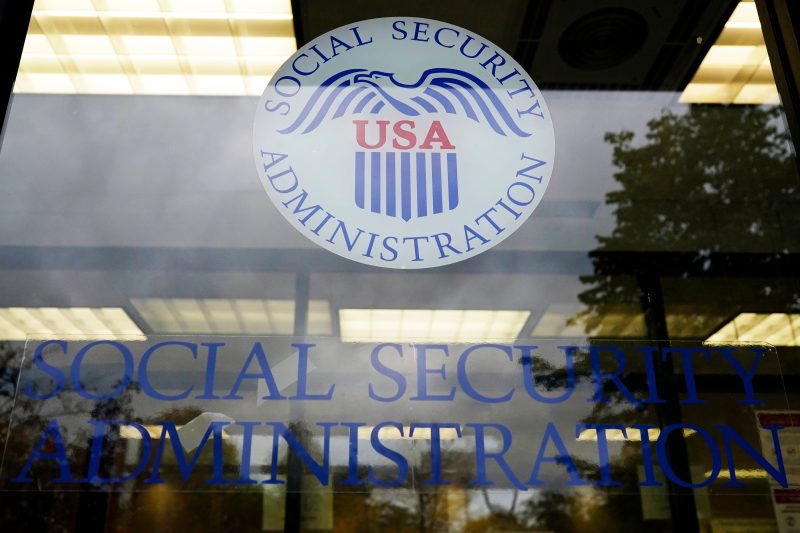A new report projects that the Social Security Trust Fund might run out of money within six years under a Donald Trump presidency, while Vice President Kamala Harris’s proposed policies would not meaningfully change the current trajectory.
Social Security faces a looming funding crisis in an aging country, with trustees most recently predicting that the retirement and disability program’s trust fund will become insolvent in 2035. Many of Trump’s campaign proposals would accelerate that timeline, potentially by years, said the Committee for a Responsible Federal Budget, a nonpartisan group that opposes large federal deficits.
In a report released Monday, the organization concluded that many of Trump’s proposed second-term agenda items all work in the same direction when it comes to the Social Security Trust Fund. The budget group did not produce a similar report on Harris’s policies because they would have a negligible effect measured only in weeks or months rather than years, said Marc Goldwein, CRFB’s senior policy director.
Compared to prior presidential campaigns, Goldwein said, “I can’t think of anything that would be this order of magnitude” in its detrimental effect on Social Security’s bottom line compared to the policies Trump has proposed.
Most directly, Trump has promised that no Social Security recipients should have to pay federal income taxes on their benefits. Under current law, 40 percent of beneficiaries pay taxes on some portion of their Social Security. The tax they pay on their benefits goes directly back to the trust fund, and getting rid of it could cost the program almost $1 trillion over 10 years, the report forecast.
Other Trump policies might have indirect effects. Trump’s pledge to deport millions of undocumented workers could cost the trust fund hundreds of millions of dollars, the CRFB said. Many undocumented immigrants have payroll taxes taken out of their paychecks for the Social Security Trust Fund, but never become eligible to claim benefits, so they are a net positive for the program.
Trump’s proposed high tariffs on all imports could affect the economy in several ways detrimental to Social Security’s financial health, CRFB said. If the tariffs drive high inflation as projected by Wall Street experts, Social Security will have to pay out more in benefits because of automatic cost-of-living adjustments based on inflation.
The report also pointed to Trump’s promises not to tax tip income or income earned during overtime hours. Trump has not clarified whether he means to exempt them from federal income taxes only or also from taxes that fund Social Security and Medicare. If he means the latter, that could cost Social Security $150 million to more than $1 trillion over a decade, with the likely outcome on the very high end of that range, CRFB said.
All added up, the report forecasts that Social Security under Trump would hit the point where by law it must cut benefits in 2031 or 2032. And unless Congress changes the law that triggers the automatic cuts, the size of the cut to benefits would rise, from a current projection of a 23 percent reduction for all Social Security checks to a predicted cut of about 33 percent.
Both Trump and Harris have said they aim to protect Social Security to prevent cuts if elected, but neither candidate has offered a comprehensive plan to plug the current projected gap. Stabilizing the trust fund will require either raising more money or spending less money in some way, or a combination of the two.
Trump has talked of raising more money by drilling for oil on federal lands and has claimed that undocumented immigrants receiving benefits has led to Social Security’s problems, a view rejected by experts who point out that immigrants pay more into the program than they receive.
Harris supports a plan to raise some of the money by imposing payroll taxes on income above $400,000; currently, workers stop paying Social Security taxes after their first $168,000 in annual income.










